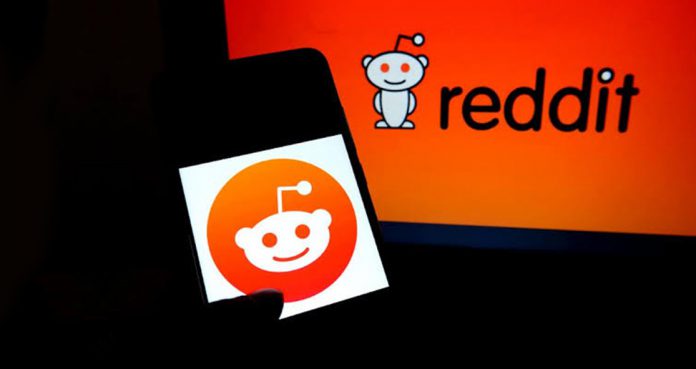The internet has brought us together to share our feelings, thoughts, and experiences through social media. And since we know a picture is the best way to express, we often post them without giving a second thought.
A new study published Tuesday in JAMA has found that some people have posted disturbing photos of their genitals with blisters and bumps in search of a diagnosis of sexually transmitted diseases (STDs).
The study found that the high medical costs and the embarrassment that comes with sharing personal and sensitive topics with medical providers have been forcing people to crowdsource social media, such as Google and Reddit, for receiving a medical diagnosis.
Researchers said that this has become a trend, which has significantly increased in 2019 with so many social media platforms around.
Dr. Eric Leas from the University of California, San Diego, told CNBC, “Online someone can post a picture yet remain mostly anonymous. This can overcome some of the embarrassment that might come with going to ask a doctor.”
With ongoing concern about the record-breaking rise in STDs, medical providers opine that this crowdsourcing indicates that there could be many patients with STDs who are not receiving proper treatment.
Study co-author and Chief of Infectious Diseases and Global Public Health at UC San Diego Dr. Davey Smith said, “Shame or a lack of access means many are missing an opportunity to get professional, life-saving help.”
The researchers decided to look at a site called Reddit, which hosts hundreds of forums known as Subreddits on health and medicine. They focused on posts related to STDs, which have more than 10,000 members, including a few registered physicians.
The investigators found a steady rise in the community’s activity, with more 58 percent of all posts asked people to diagnosis a medical condition and over 30 percent of those posted a photo of their symptoms.
Some people posted a picture of their genitals and asked members to diagnose the condition.
The researchers noted that many people have been relying on social media to stay from feeling embarrassed and avoid personal conversations with doctors.
Dr. Alicia Nobles, study co-lead author, said some people might be looking for a sense of connection with strangers on social media.
“Social media was not built to deliver health care,” explained Dr. Nobles. “Currently, we don’t know if STDs, or other health issues, can be accurately diagnosed online, especially since people’s requests vary in the information they provide.”
She cautioned, “A misdiagnosis could result in greater harm to themselves or passing an infection along to others.”
Dr. Eric Topol, the director of Scripps Research Translational Institute, who was not part of the study, said, “It’s concerning if people are getting the wrong diagnoses or are being misled as to treatments, which certainly could be the case.”
“You wouldn’t think STDs would be shared on social media, as it starts to get into matters of the utmost privacy,’ continued Dr. Topol, explaining that there is “no anonymity guarantee” on such websites. “So while crowdsourcing is not new, this is surprising. It’s noteworthy that there’s this much going on,” he added.























